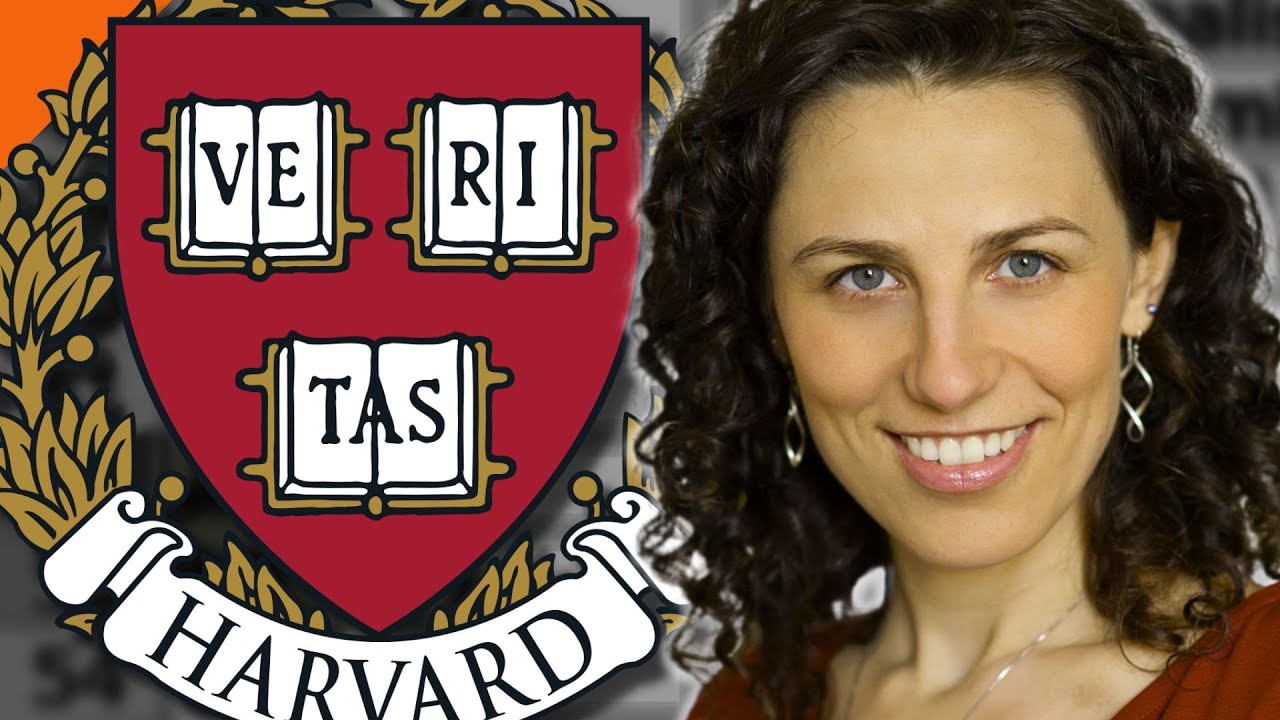Not quite AI but a scandal around a study that examines whether humans respond to prompting.
In the Harvard fake data scandal involving Professor Francesca Gino, a major development occurred with the release of a 1300-page report from Harvard’s internal investigation. The report revealed Gino’s accusation that a female co-author sabotaged her data, sparking conflicts among co-authors and raising questions about academic integrity and collaboration dynamics.
In the Harvard fake data scandal involving Professor Francesca Gino, a major development has occurred with the release of the full report from Harvard’s internal investigation into her. The investigation is central to Gino’s $25 million defamation lawsuit against Harvard University and the Data Colada blog. The investigation was prompted by anomalies found in Gino’s data by Data Colada, leading to a viral publication of four blog posts exposing potential data fraud. Gino claimed innocence and sued for defamation, leading to the request for the internal report to be made public.
The newly released 1300-page report revealed a shocking accusation from Gino, claiming that one of her female co-authors on a 2012 paper sabotaged her data. The paper in question examined the impact of placing an honesty pledge at the top versus the bottom of a form on honesty levels. Suspicious anomalies in the data were flagged by Data Colada, suggesting potential tampering. Gino initially blamed a research assistant for mishandling data, but the report now reveals she also accused a female co-author, later identified as Nina Mazar.
The report detailed conflicts among the co-authors during the study, with Gino caught between Max Basman, Dan Ariely, and Nina Mazar. Gino claimed tensions arose when a paper failed to replicate the findings of the 2012 study, leading to accusations and threats from Mazar. However, Mazar denied Gino’s allegations, stating they had no basis in reality. Harvard highlighted the unlikelihood of Mazar being involved in data fraud due to the extensive access and knowledge required to tamper with the data.
Gino’s lawyer criticized the release of the report as one-sided and unreliable, emphasizing Gino’s limited ability to defend herself during the investigation. The lawyer noted that Gino has since hired forensic experts to support her defense in court. The unfolding scandal has captivated the academic community and raised questions about academic integrity, collaboration dynamics, and the handling of research data. The outcome of Gino’s lawsuit and the impact on her reputation remain uncertain as further evidence and expert opinions come to light. The controversy surrounding the Harvard fake data scandal continues to unfold, sparking discussions and debates within the scientific community.
